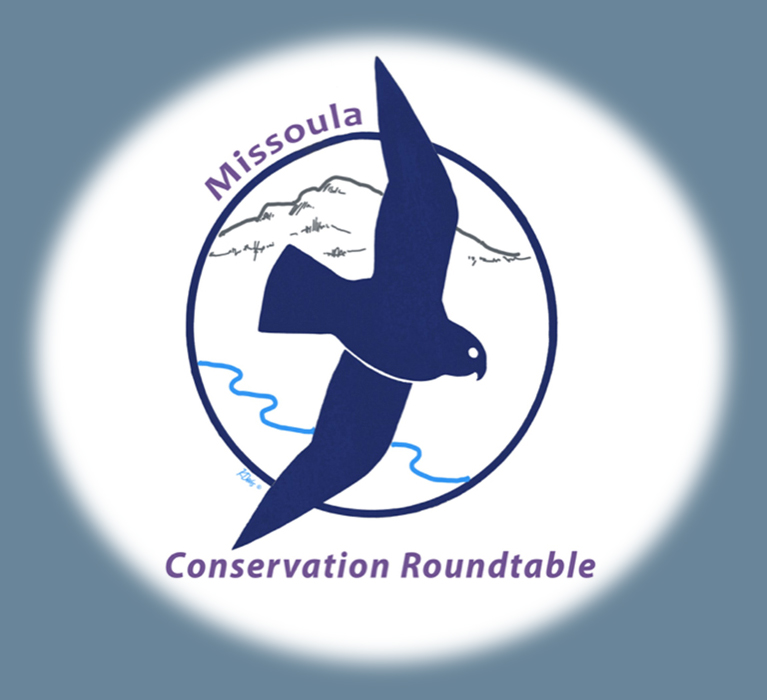
Montanan, outdoorsman, congressman, ambassador. These are just a few words that describe Max Baucus, Montana’s longest serving U.S. Senator. During his time in office, Max accomplished much to advance conservation and Montana values. Having grown up in Helena, and graduating with degrees in economics and law from Stanford University, Max’s ultimate aspirations were influenced by key Montanans including Mike Mansfield and Lee Metcalf.
After finishing law school, Max worked at the Securities and Exchange Commission in Washington, DC. In 1971, he returned to Montana to serve as the executive director of the legendary 1972 Montana Constitutional Convention which clearly states every Montanan’s right and responsibility to maintain a clean and healthful environment. Max went on to be elected to the Montana House of Representatives. In 1974, while campaigning for the U.S. House of Representatives, Max walked 630 miles across Montana from Gardiner to the Yaak Valley to meet as many Montanans as possible. A few years later, he walked from Fairview to the Idaho border – surely some sort of record. After serving as Montana’s U.S. Representative, Max was elected to the U.S. Senate, serving from 1978 to 2014.
Max’s time in office was spent avidly promoting the protection of public lands. While his accomplishments are many, some of the most notable ones include the creation of the Rattlesnake Wilderness and Recreation Area and the Lee Metcalf Wilderness Area. Additionally, in 1975, Max assisted with passing a bill that designated 219 miles of the three forks of the Flathead River as part of the Wild and Scenic River System. Max advocated for the withdrawal of federal mineral leases in the North Fork of the Flathead Watershed and on the Rocky Mountain Front. Max also provided key support for the 1990 Clean Air Act amendments.
From 2008 to 2010, Max provided essential leadership for the Montana Legacy Project – a public-private partnership that purchased 310,000 acres of private timber land in Missoula, Mineral, Lake & Powell counties. The land is now managed for recreation, sustainable forestry and wildlife habitat.
Another example of Max’s commitment to a clean and healthful environment is his work with Senator Jon Tester to get a Public Health Emergency declared for Libby, Montana, where citizens were suffering severe health impacts from asbestos from a vermiculite mine. This was the first public health emergency declared under the US Superfund law. Max also included long-term assistance for Libby victims in the Affordable Care Act.
Following his time in the U.S. Senate, Max was appointed by President Barrack Obama to serve as an ambassador to China from 2014 to January 2017. Max retired to Bozeman where he enjoys family and the outdoors and breathing that clean Montana air. In retirement, Max remains active through the Max S. Baucus Institute which focuses on public service, climate change, U.S.-China relations and service learning opportunities for youth.
Biography by Anna Butterfield
The Missoula Conservation Roundtable gratefully acknowledges generous contributions to our website design. Our logo was created by Kate Davis, Raptors of the Rockies; Brian Christianson contributed the photographs for page headers Brian Christianson Photography
Website created by Irestone Web Design
